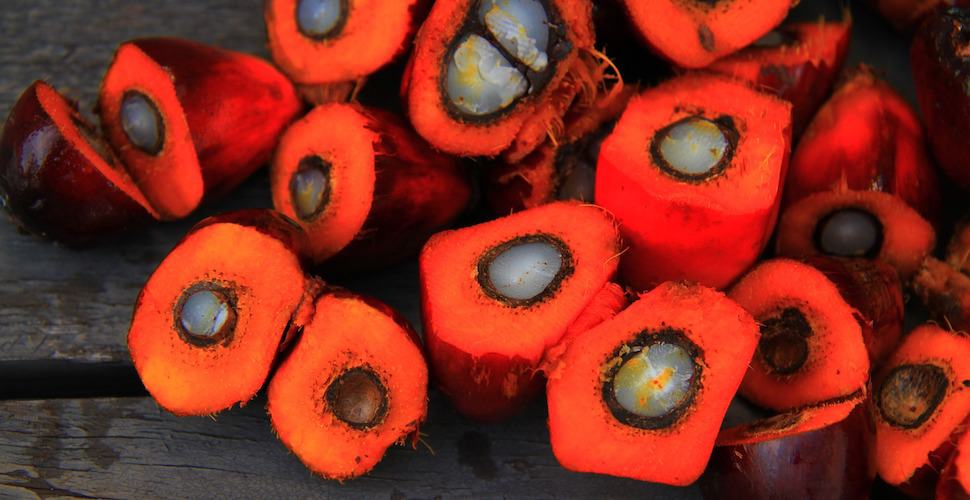FGV Holdings has appealed against the renewed suspension of the certification of one of its mills, along with the suspension of certification processes for all currently uncertified mills.
The decision by the Complaints Panel of the non-profit Roundtable on Sustainable Palm Oil (RSPO) came in January amid continued evidence of forced labor, trafficking, restriction of movement, and poor living conditions at FGV’s mills.
It is the second time it certification process has been suspended since 2018, with the first suspension having been lifted in August 2019 on the condition of regular further audits.
But these audits demonstrated a failure to sufficiently address abuses of migrant workers’ rights.
FGV submitted an appeal last Friday, arguing that their progress had been recognized by other verification bodies and that they had rectified many of the violations found in RSPO’s audits.
According to FGV, an action plan for the resolution of issues relating to undocumented workers was submitted to the RSPO in February, but no response was received.
The Malaysian Reserve reports:
In its appeal, the agri-commodities firm said the two independent verification bodies appointed by the RSPO — Bureau Veritas Certification (M) Sdn Bhd and TUV Nord (M) Sdn Bhd (TUV) — had recognised the planter’s efforts and progress to fulfil the RSPO Complaints Panel directive issued in November 2018.
The two mill complexes audited by TUV, which are located in Sahabat, Sabah, are only scheduled for certification in 2021 and thus unprepared for audits, it added.
The RSPO had sanctioned FGV in 2018 over allegations including forced labour, restriction of workers’ movements, trafficking workers and poor living conditions, among others.
Labor abuses are rife in the Malaysian palm oil industry, with forced labor, child labor, and trafficking all serious issues—particularly for migrant workers.
FGV, one of the world’s largest palm oil producers and a joint venture partner of American multinational Procter & Gamble, has come under repeated international criticism for failing to address these issues in its mills.
Freedom United is currently campaigning to block imports of goods from FGV until there is solid proof that its goods are free of forced labor.
Despite FGV’s appeal, the recent suspensions by the RSPO mean we still do not have this proof. Until the matter is resolved, FGV’s palm oil should continue to be treated as the product of forced labor and blocked.
Add your name today and push for the rejection of these tainted goods.







Freedom United is interested in hearing from our community and welcomes relevant, informed comments, advice, and insights that advance the conversation around our campaigns and advocacy. We value inclusivity and respect within our community. To be approved, your comments should be civil.